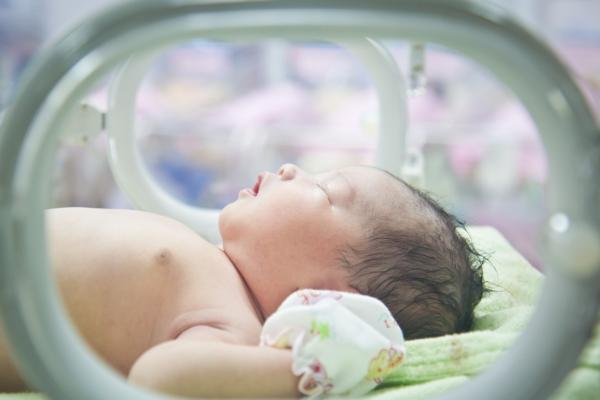All news by respiratory system pathologies
PREDICTORS OF RECURRENT WHEEZING IN LATE PRETERM INFANTS
Incidence of preterm birth and survival rates in these newborns significantly increased in the last few decades. Therefore understanding long-term health outcomes in this grup is essential

Preterm infants have an increased risk for the development of several respiratory disorders, including bronchopulmonary dysplasia (BPD), chronic respiratory failure, and wheezing‐related disorders
including asthma.
Among extremely premature infants, BPD is the most common chronic lung disease.
Late preterm infants, those born between 32 and 36 weeks gestational age, are less likely to
develop BPD; however, these infants are still at an increased risk of adverse respiratory outcomes such as the development of bronchial hyperactivity presenting as isolated or recurrent wheezing and later development of asthma.
In this retrospective study authors included a population of late preterm betwenn 32 and 36 week of gestational age. Chidren with comorbidities including BPD, tracheobronchomalacia, hypoxic‐ischemic encephalopathy, epilepsy, congenital heart disease and genetic diseases were excluded.
341 late preterm infants were enrolled and divided into two groups: infants with recurrent wheezing in the first 3 years of life and control group.
The purpose of this study was to assess risk factors specifically in late preterm infants that are associated with the development of recurrent wheezing during the first 3 years of life.
The authors did not find that gender, method of delivery, or birth weight conferred an increased risk to the development of recurrent wheezing.
On the contrary a family history of asthma was a statistically significant predictor for the development of recurrent wheezing in this patient population, as reported in previous studies.
Other factors associated with recurrent wheezing in late preterm infants were requiring continuous positive airway pressure for
Antibiotic exposure during the perinatal period was significantly associated with the development of recurrent wheezing in late preterm infants. This association in this study is unique to preterm infants, as previous studies have not found this to be a risk factor in term infants.
The authors conclude that other prospective studies are needed to better define the role of these factors in the recurrent wheezing and asthma development in this pediatric population
Bibliography: Gustafson B, Britt RD, Eisner M, Narayanan D, Grayson MH. Predictors of recurrent wheezing in late preterm infants. Pediatr Pulmonol. 2023;1‐8. doi:10.1002/ppul.26739






